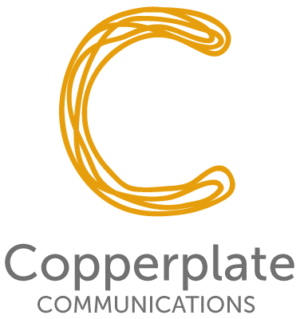Who Are Your Business Competitors, Really?
Many years ago, a client gave me a free ticket to attend a local health food expo. During one of the presentations, the speaker asked the crowd, “Who is McDonald’s biggest competitor?” and promised to give the first person with the right answer $50.
A low rumble arose from the crowd as people tossed out ideas. “Burger King!” “Wendy’s!” “Subway!” “Dominos!” they shouted.
I thought for a moment. I figured that since he was asking the question, the answer was probably something unexpected.
I shouted “grocery stores!”—and pocketed the $50!
Why grocery stores? Because McDonald’s doesn’t just sell burgers and fries. It sells the convenience of prepared, ready-to-consume food.
And today, grocery stores are increasingly moving into the prepared food space. In so doing, they’re taking a bite out of McDonald’s business.
Do You Know Who Your Competition Is?
Which raises the question: As a small business owner, do you know who your competition is?
If you own a fast food franchise, are you competing with other fast food franchisees?
If you own a bookstore, are you competing with other bookstores?
Possibly. But I would guess not all of your competition is so obvious.
Not All Competition Comes From Within Your Industry
When we think about our competitors, we sometimes need to look outside our own industry.
This point came home to me recently when I was working with a client who runs an in-person matchmaking business. When this client completed my client onboarding questionnaire, the only competitors she listed were other in-person matchmaking services. Yet I would argue that online dating apps are her biggest competitors!
Knowing Your Competitors is Important for Marketing
Identifying your competitors and knowing how you’re different (and better!) than them is important for your marketing content.
Let’s use an example of a bookstore to illustrate. As a bookstore owner, you may get some competition from the bookstore across town.
But the bulk of your competition is probably from digital media, whether it’s downloadable books, Netflix, podcasts, etc. Or maybe it’s from more distant competitors, such as Amazon.
How can you compete with that? I would think that you’d need to focus not just on your products (“We sell books!”) but other aspects of your business. What makes you special? What makes you different?
Maybe it’s the shopping experience. Perhaps you have a relaxing coffee bar onsite or host author readings and book clubs.
Or maybe your bookstore specializes in a particular topic area (such as travel books or children’s books) and has knowledgeable staff to help with selection.
(Sadly, in my neighbourhood, only two bookstores survive. One sells travel books. The other sells books for kids.)
So when you think of your competitors, think more broadly.
Because once you know who they are, you can start to differentiate yourself—and put those differences into your marketing content.
Need help writing marketing content for your business? Contact me.

